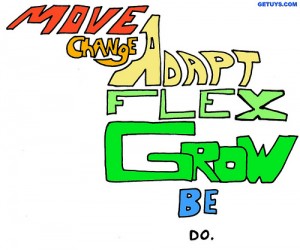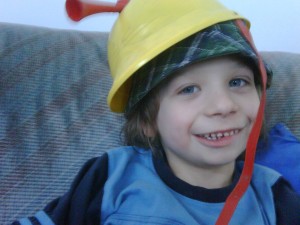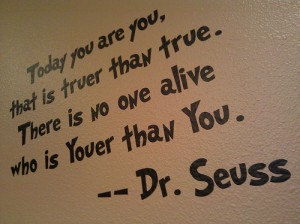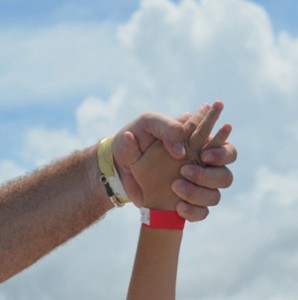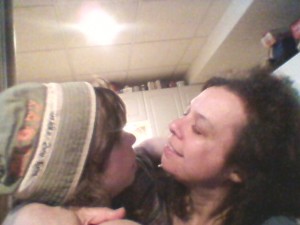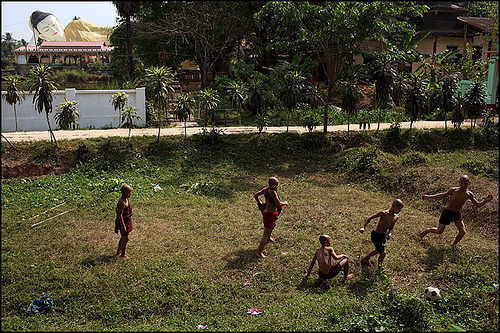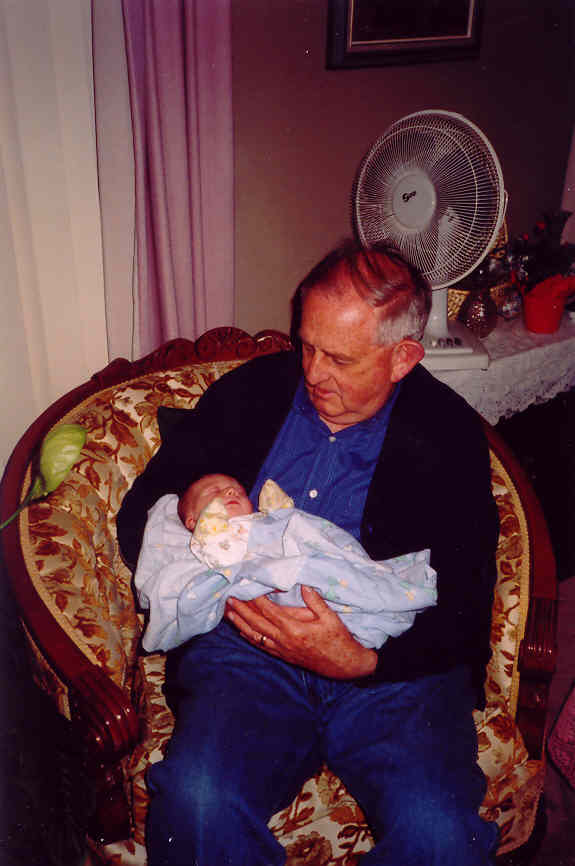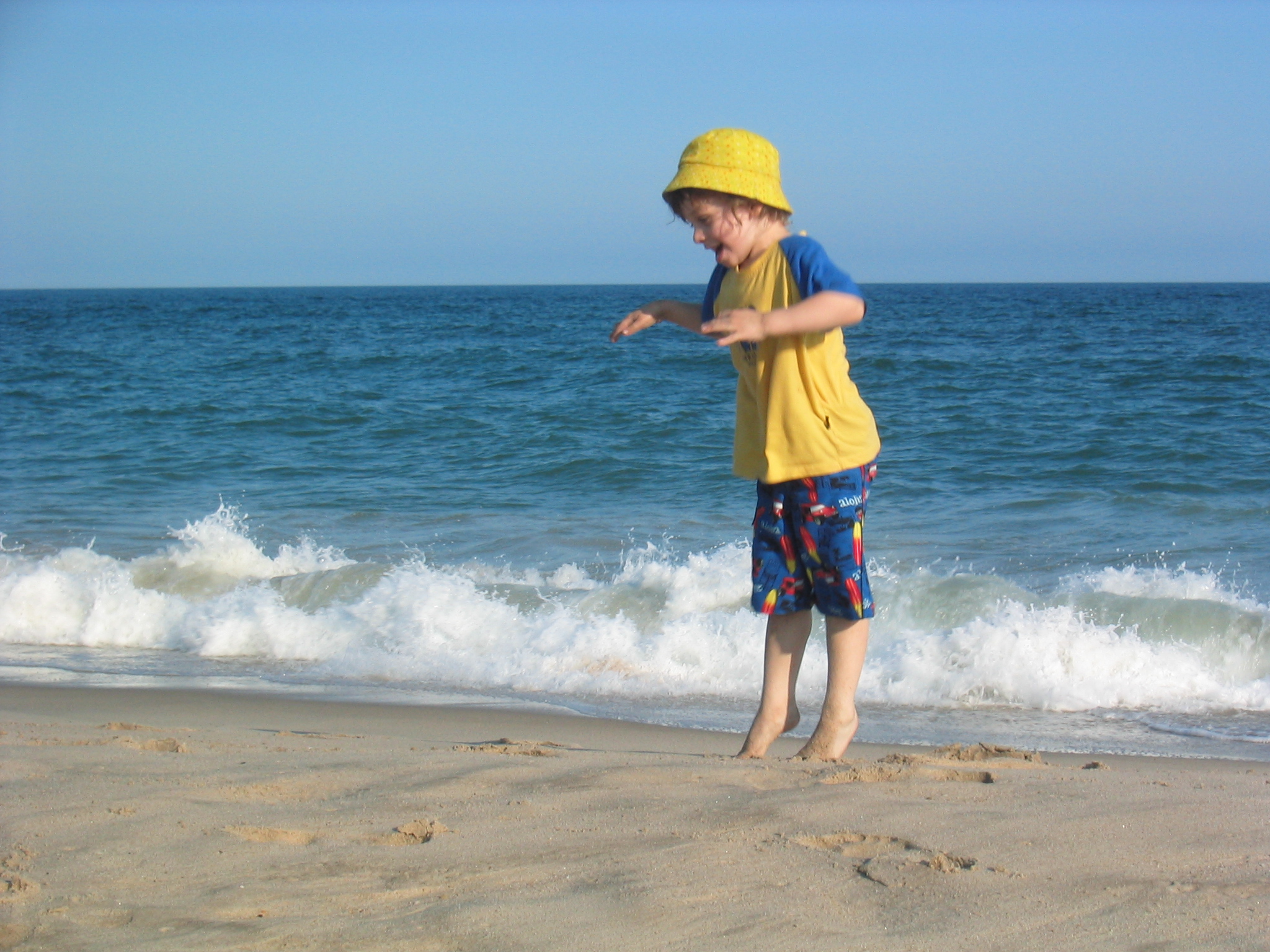At the beginning of this year, I had some lofty plans. I was going to either launch a freelance business or become gainfully employed. I was going to run three half-marathons in addition to my first 30K. I was going to clean up my eating, once and for all. I was going to find ways to become happier, more fulfilled, and better at being me.
We are two months into the year, and so far, none of my goals are shaping up quite the way I wanted. Although I have been looking for and applying to work opportunities, my heart hasn’t really been in it. I’ve been feeling a little adrift, not really knowing what direction is the right one. In addition, as hard as it’s been financially, there is one aspect of my unemployment that I’ve been enjoying: having time to be a mom. I love being here to get my children ready for school, and I love being here when they get home. At some point, unless I can get enough freelance work to keep the wheels turning, I will have to give that up.
My running goals haven’t been panning out, either, largely because of the winter we have had. Months ago, I registered for the Around The Bay 30K race, which happens on March 30th, and I promised myself that I would set my mind to my training. It has been a lot easier said than done. To be fair to myself, I have tried hard, but the Polar Vortex had other plans for me. Because of the ice storms, excessive snow and unbelievably cold temperatures, I have been forced off the road and onto the treadmill. The few runs that I have managed outside have been challenging – running through snow, running through icy puddles of melting slush, falling on ice and hurting myself.
A couple of weekends ago, while I was heading to the gym for yet another long run on the lab rat machine, I suddenly asked myself how much I cared about doing this 30K race at the end of the month. On the one hand, I hate registering for races and not doing them. But on the other hand, how wise would it be for me to attempt a new distance right after the worst winter I’ve ever experienced?
As I did that run on the treadmill, I pondered the idea of bailing on the Around The Bay race and instead going for the Midsummer Night’s Run – also a 30K event – that happens in August. I mentally experimented with this notion, and discovered that I felt surprisingly comfortable with it. Not only does it feel comfortable, it feels right.
And so I found another runner to take my spot at the Around The Bay race and I transferred my registration to him. As soon as I received payment from him, I signed up for the Midsummer Night’s Run. Now I can comfortably ease myself into outdoor training, and I will have an entire summer to train for this new distance. It means that I will only be running two half-marathons this year instead of three, but that’s OK.
And that is really the whole point of this post – that there is no shame in changing a goal. This time last year, I would have been horrified at the thought of not running Around The Bay. I would have berated myself for deciding to cut a half-marathon from my schedule. I would have thought of myself as a failure, as a person who gives up. But something in me has changed in the last year. Maybe I’m just getting older and wiser, or maybe I’m getting more realistic. Or maybe I’m simply realising that I deserve to give myself a bit of a break.
I still have some things to work on – like sorting out some kind of regular income, and developing eating habits that are consistently healthy. But I feel that in accepting and embracing changes to what I want to accomplish, I am at least moving closer to being happier with who I am.
This is an original post by Kirsten Doyle. Photo credit: RichardStep.com. This picture has a creative commons attribution license.





